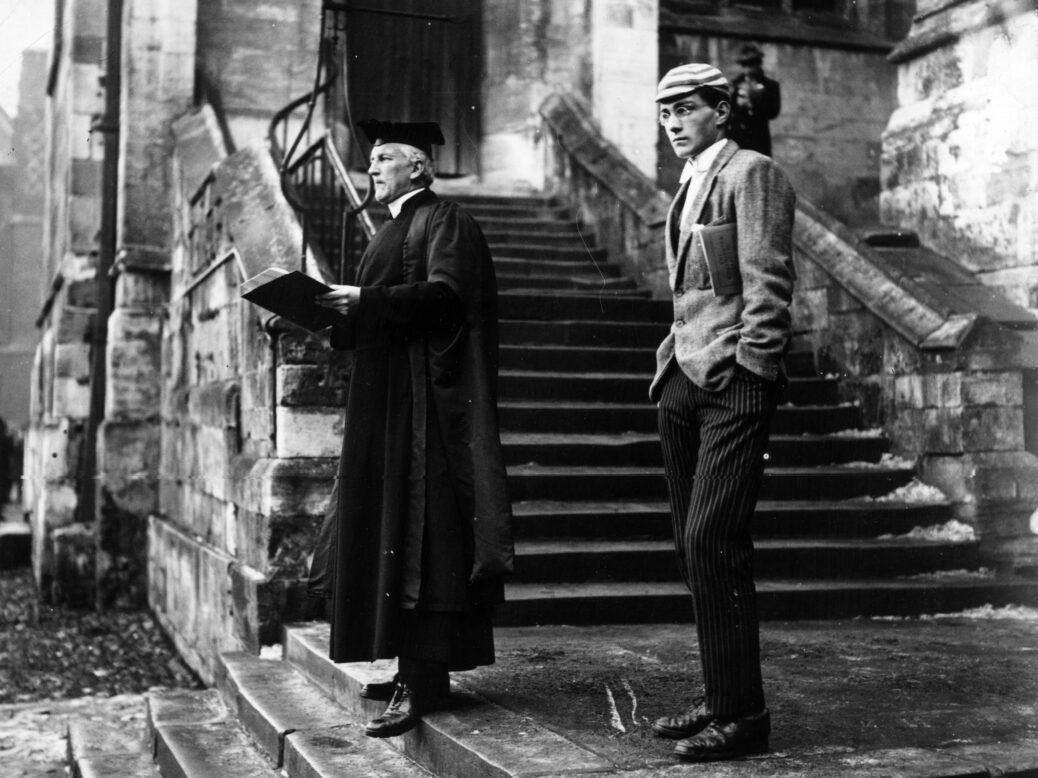
Most private schools, as any fule kno, are charities. This probably made sense back in the 1400s, when Eton and Harrow genuinely existed to educate poor local boys, but it seems a bit of an anachronism now they’re basically a machine for turning rich kids into Cabinet ministers. Charitable status, it’s often argued, is bad for state schools, bad for social mobility, and bad for the taxpayer.
All this you’ve heard before, and either you believe it to be self-evidently true, or you think it’s a load of nonsense put about by envious lefties. Nothing I write here is going to affect your position on this.
So let’s try a different argument. Charitable status, I’m certain, has done untold damage to private schools themselves. And it’s been an absolute disaster for the families whose kids attend them. Abolishing charitable status would be good for very nearly everybody.
The dirty little secret of Britain’s private schools is that many of them are not, in fact, very good. I don’t mean educationally (although when the OECD last looked school standards, it found that they were almost exactly as good as state schools). What I mean is that they’re not very well run.
Most businesses, for understandable reasons, spend a lot of time worrying about money. They want costs to be low; they want sales to be high. If the latter isn’t bigger than the former, then everyone knows it’s goodnight Vienna.
But charitable status has helped insulate to schools from such earthly concerns. They’ve enthusiastically spent the stuff on all sorts of things (swimming pools, concert halls, minuscule class sizes) that make little difference educationally, but look bloody good in the brochure. Then, at the end of this year, they tot up their costs, and adjust their income to meet them.
A school can’t just add five per cent more pupils every year, of course: they have to raise their price. The result is that, between 2001 and 2011, according to educational consultancy MTM, average school fees rose by 83 per cent. The incomes of the richest 10th of Britons rose by less than a third of that. This isn’t a fact that’s likely to elicit much sympathy, but even if you’re loaded, that’s going to sting a bit.
Revoking charitable status wouldn’t immediately fix this: removing those tax breaks would probably mean more schools went under, at least in the short term. But over time, it would prevent financially incontinent head teachers from squealing, “We’re a charity!” whenever parents query the latest increase in fees. Turning schools into businesses would force them to think a whole lot harder about whether they can actually afford that extra swimming pool, rather than just thinking, “Meh, the parents are good for it”. It would take away their crutch.
It’s worth asking again who benefits from private schools’ charitable status. The public don’t. The taxpayer doesn’t. And even rich parents, for whose benefit the schools are supposed to be run, are increasingly getting screwed by it.
The only people who benefit from charitable status are incompetent head teachers who’ve never learnt to use an Excel spreadsheet. No wonder they’re so desperate to hang onto it.






